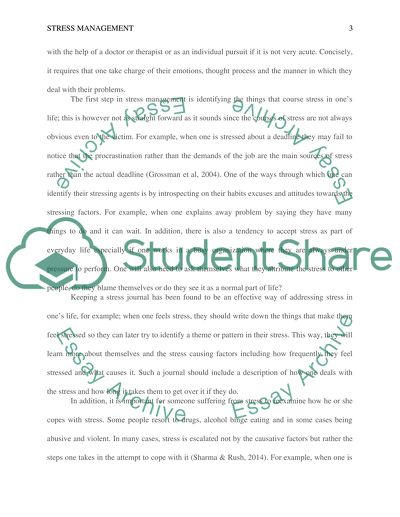Cite this document
(“Stress reduction intervention and managment Term Paper”, n.d.)
Stress reduction intervention and managment Term Paper. Retrieved from https://studentshare.org/psychology/1660007-stress-reduction-intervention-and-managment
Stress reduction intervention and managment Term Paper. Retrieved from https://studentshare.org/psychology/1660007-stress-reduction-intervention-and-managment
(Stress Reduction Intervention and Managment Term Paper)
Stress Reduction Intervention and Managment Term Paper. https://studentshare.org/psychology/1660007-stress-reduction-intervention-and-managment.
Stress Reduction Intervention and Managment Term Paper. https://studentshare.org/psychology/1660007-stress-reduction-intervention-and-managment.
“Stress Reduction Intervention and Managment Term Paper”, n.d. https://studentshare.org/psychology/1660007-stress-reduction-intervention-and-managment.


